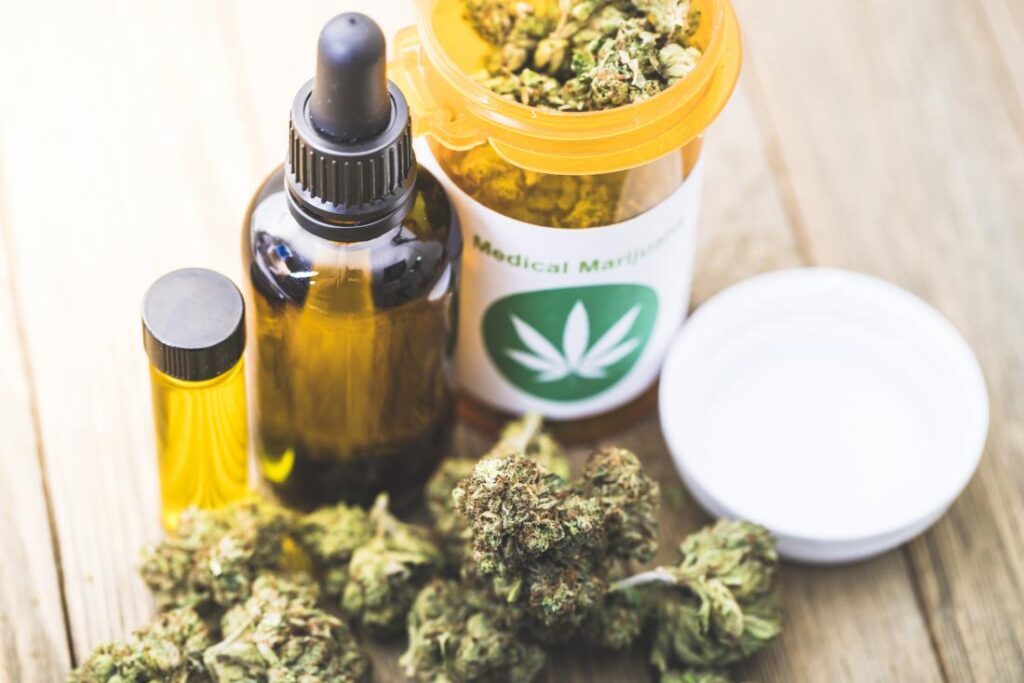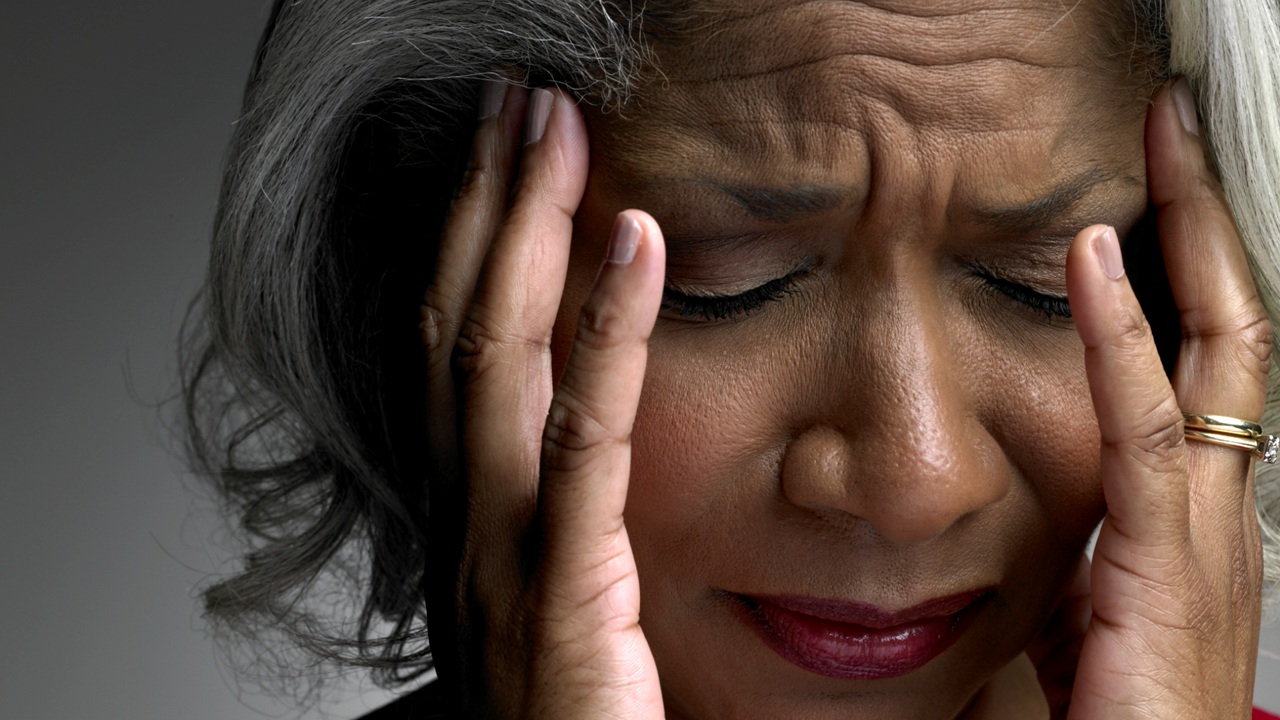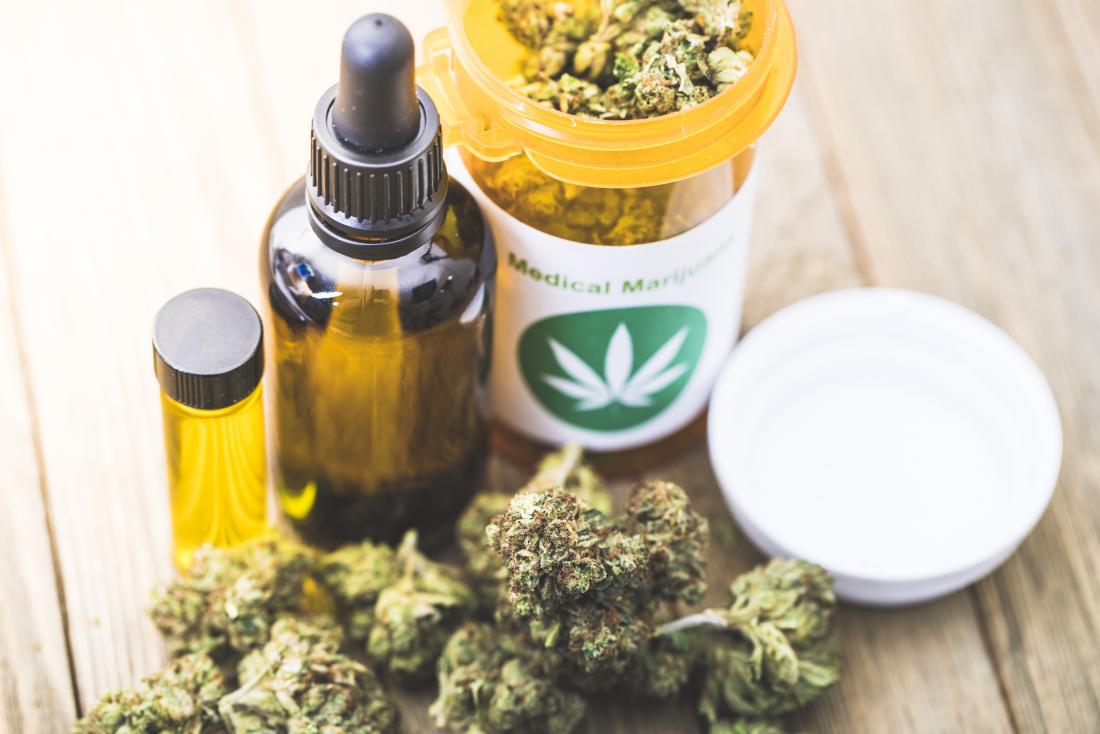The effects of cannabis on the human brain are undeniable, but there are still many unknowns concerning its use in medicinal settings. Cannabinoid receptor-1 (or CB1) is abundant throughout the brain, but mainly in the cerebral cortex, the thalamus, and the hippocampus. Because of the low concentration of cannabinoid receptors in the brainstem, cannabis may not have an immediate effect on respiration. This provides further evidence that endogenous cannabinoids have a role in the regulation of mood, memory, pain, and motor function. Here, we explore the varied ways in which individuals are using medical cannabis to mitigate the effects of epilepsy, Alzheimer’s disease, Parkinson’s disease to boost their general mental health.
Medical Marijuana for Alzheimer’s Patients
The cognitive impairment associated with Alzheimer’s disease typically follows a seven-stage progression. Medical marijuana is presently not widely used for the purpose of preventing or treating Alzheimer’s disease. Nonetheless, it is worth noting that in 2001, some scientists submitted a patent for the use of cannabinoids as potential neuroprotectants in neurodegenerative illnesses, with CBD (cannabidiol) identified as a main proponent. This patent claims that cannabidiol (CBD) and other cannabinoids have antioxidant qualities that help stop oxidative cell death that characterizes many diseases, including Alzheimer’s. When Alzheimer’s disease first manifests in the brain, the endocannabinoid system is elevated or “activated,” according to some research. Another study demonstrates that CB2 receptors are highly concentrated in regions around amyloid plaques, which are abnormally folded proteins known to form and accumulate in Alzheimer’s disease.
Activation of cb2 receptors prompts the recruitment of macrophages, which consume and digest the plaques. It has also been suggested that cannabis alleviates the neurotoxicity and inflammation associated with Alzheimer’s disease. Cannabis has been shown in a small number of clinical studies to reduce aggressive and agitated behavior in dementia patients. There are ongoing studies investigating cannabinoids’ impact on the emotions and anxiety of people with dementia. Cannabinoids, they say, have a different effect on the body than conventional medicines, making them potentially less dangerous.

Patients have reported that CBD oil and mild dosages of THC relieve agitation, and cognitive impairment, and enhance their appetite.
Treatment with medical cannabis has been shown to alleviate symptoms of restlessness, aggressiveness, and loss of appetite in people with dementias other than Alzheimer’s. CBD-rich oils, and in some cases a mix of THC: CBD oils, have shown significant improvement in dementia patients in long-term care settings. It may make life easier for the person receiving care, their loved ones, and the people providing that care. Those with early-onset dementia or a family history of dementia are among those who are increasingly turning to medicinal cannabis as a prophylactic approach. This is because CB1 receptors may play a part in how our synapses (brain connections) communicate with one another. Dementia is typically linked to problems with this transmission. Many people will be using CBD oil to stave against memory loss and other forms of mental deterioration. Although there is little data to conclude that cannabinoids, and particularly CBD, significantly enhance cognitive performance in healthy people, there is evidence that cannabis, and especially CBD, can improve cognition in the presence of a malfunction.
Parkinson’s disease
The signs and symptoms of Parkinson’s disease are unmatched. Patients with Parkinson’s disease have diminished activity of cannabinoid receptors in the putamen and globus pallidus. CBD has shown promise in ameliorating the dystonia, or uncontrolled, involuntary muscular spasms, associated with Parkinson’s disease, as well as other symptoms of dementia.

Brain Damage Sustained After Birth
The term “acquired brain injury” refers to damage to the brain that happens after birth and may be the result of things like a car accident, a stroke, or excessive use of drugs or alcohol. Acquired brain injury patients commonly seek out medical marijuana for a wide variety of reasons, including relief from sleeplessness, pain, anxiety, and melancholy. Nonetheless, CBD oil from medicinal marijuana may help stop any more brain damage from happening. Some experiments using animal models have shown this to be the case. Although it did not reverse the initial damage, it did mitigate the long-term effects of inflammation, excitotoxicity, and other metabolic stressors on the brain following traumatic brain injury. CBD has been proven to aid neurogenesis and induce synaptic plasticity by acting on receptors outside of the endocannabinoid system. Basically, CBD has the capacity to boost the natural ebb and flow of neural connections and even out the production of new neurons. Brain injury patients may benefit from finding the optimal ratio of cannabidiol (CBD) to low dosages of THC for their emotional symptoms, physical discomfort, sleep, and obvious brain healing and health.
Medical marijuana for epilepsy, ADHD, and other conditions
The complex nature of the endocannabinoid system and the wide variety of ways in which it may influence brain function means that medicinal cannabis has a wide range of potential uses. Because of the significant good impact medicinal cannabis has had on families with children suffering from treatment-resistant Epilepsy, scientists have been studying its short- and long-term benefits for years.
Another ailment that cannabis has the potential to help with is attention deficit hyperactivity disorder. Patients of all ages, from children to adults, have benefited from using cannabis of various strains to increase concentration and, in some cases, reduce or eliminate their need for prescription ADHD treatments. In subsequent episodes, we’ll investigate cannabis’ potential effects on various diseases.
To also know more about where to buy medical cannabis in Australia and other medical marijuana resources, you should book a consultation session with a professional from Chronic Therapy today.
More to read: Why Microdosing of Medical Cannabis Is Gaining Popularity?




